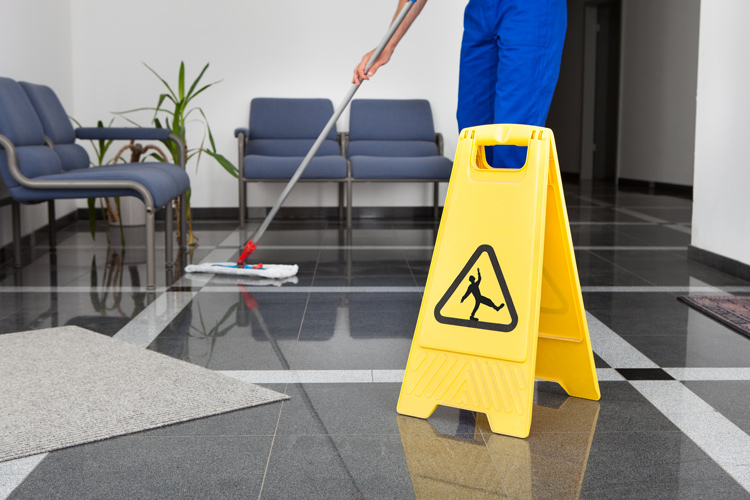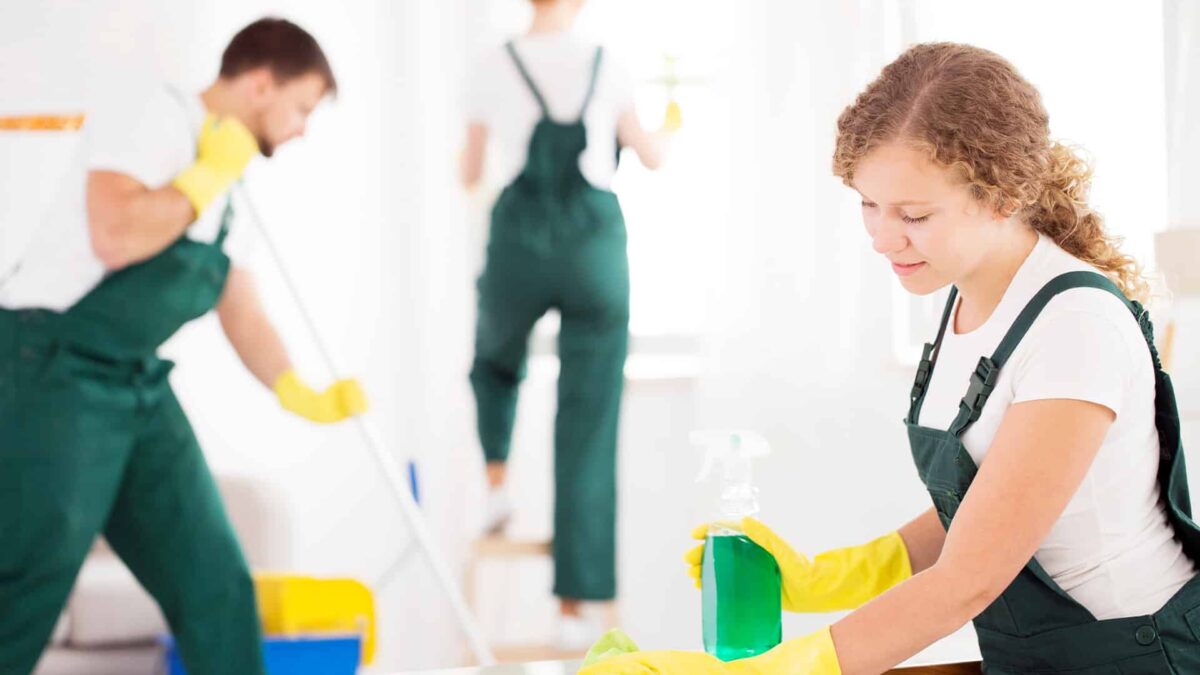Introduction
Cleaning is an essential service in homes and businesses across the UK, and many individuals opt to work as self-employed cleaners for the flexibility and control it offers. Understanding the self-employed cleaner hourly rate in the UK is crucial for both cleaners and their clients. For cleaners, it helps in setting competitive prices that reflect their skills and experience, while clients can make informed hiring decisions.
This article explores the factors influencing hourly rates, average earnings, tips for setting rates, and frequently asked questions about self-employed cleaning in the UK.
Factors Influencing Hourly Rates for Self-Employed Cleaners
The hourly rate for self-employed cleaners in the UK varies depending on several factors:
1. Location
- Cleaners in cities like London or Manchester tend to charge higher rates compared to those in rural areas due to the higher cost of living and increased demand.
- For example, cleaners in London may charge between £15 and £20 per hour, while those in smaller towns may charge £10 to £12 per hour.
2. Experience and Expertise
- Experienced cleaners with specialized skills (e.g., deep cleaning, eco-friendly cleaning) can charge premium rates.
- A cleaner with certifications or experience in handling delicate materials may command higher fees.
3. Type of Cleaning Services
- Domestic Cleaning: Regular house cleaning typically falls in the range of £10–£15 per hour.
- Commercial Cleaning: Offices and retail spaces may require more effort, with rates ranging from £15 to £20 per hour.
- Specialized Cleaning: Services such as carpet cleaning, upholstery cleaning, or post-construction cleaning can range from £20 to £30 per hour or more.
4. Frequency of Work
- Regular clients often negotiate lower rates for weekly or bi-weekly cleaning contracts compared to one-off jobs.
- For example, a weekly client might pay £12 per hour, while a one-time deep clean might cost £18 per hour.
5. Client Requirements
- Additional tasks like ironing, organizing, or using specific cleaning products can increase the hourly rate.
- Clients requesting eco-friendly or non-toxic cleaning materials may also incur higher costs.
Average Hourly Rates in the UK
Below is a summary of average hourly rates for self-employed cleaners across the UK:
| Region | Hourly Rate (Average) |
|---|---|
| London | £15–£20 |
| Southeast England | £12–£18 |
| Midlands | £10–£15 |
| Northern England | £10–£14 |
| Scotland | £10–£14 |
| Wales | £10–£13 |
These figures are averages and can vary depending on the factors mentioned above.

Tips for Setting Hourly Rates as a Self-Employed Cleaner
1. Research Local Competition
- Check the rates of other self-employed cleaners in your area. Pricing yourself competitively can help attract clients while ensuring your rates reflect your value.
2. Factor in Expenses
- Consider the cost of transportation, cleaning supplies, and equipment when setting your rates. If you provide your own products, this should be reflected in the price.
3. Adjust for Specialized Services
- If you offer additional services like window cleaning or using professional-grade equipment, adjust your rates accordingly.
4. Build a Portfolio
- Having a portfolio or references from satisfied clients can justify higher rates. Demonstrating your reliability and expertise adds value to your services.
5. Offer Discounts for Long-Term Clients
- Incentives like reduced rates for regular customers or referrals can build loyalty and provide steady income.
How to Stand Out as a Self-Employed Cleaner
In a competitive market, it’s important to differentiate yourself. Here are some tips:
1. Focus on Quality
- Always aim for excellence in your cleaning. Attention to detail can earn you repeat business and referrals.
2. Be Punctual and Reliable
- Clients value cleaners who are dependable and arrive on time.
3. Offer Flexible Scheduling
- Flexibility in working hours can attract a wider range of clients, from busy professionals to families.
4. Use Eco-Friendly Products
- Offering eco-friendly cleaning services can appeal to environmentally conscious clients and allow you to charge higher rates.
5. Maintain Professionalism
- Dress neatly, communicate clearly, and always behave respectfully in clients’ homes or offices.
Challenges of Being a Self-Employed Cleaner
While working as a self-employed cleaner offers independence, it also comes with challenges:
1. Irregular Income
- Your earnings may vary each month depending on the number of clients and hours worked.
2. Managing Expenses
- Costs for equipment, cleaning products, and travel can eat into profits if not properly accounted for.
3. Physical Demands
- Cleaning can be physically taxing, requiring good health and stamina.
4. Building a Client Base
- Finding and retaining clients requires consistent effort, especially in the early stages of your business.
Benefits of Being a Self-Employed Cleaner
Despite the challenges, there are significant advantages:
1. Flexibility
- You have control over your schedule and the clients you work with.
2. Higher Earnings Potential
- Self-employed cleaners can earn more than employed cleaners by setting their own rates.
3. Independence
- You’re your own boss, which means you have full control over how you run your business.
4. Job Satisfaction
- Many cleaners find satisfaction in helping clients maintain clean, organized spaces.
FAQs
1. What is the average hourly rate for a self-employed cleaner in the UK?
The average hourly rate varies from £10 to £20, depending on factors like location, experience, and the type of cleaning service.
2. Do self-employed cleaners need insurance?
Yes, public liability insurance is recommended to protect against potential damages or accidents during cleaning jobs.
3. Should self-employed cleaners supply their own cleaning products?
This depends on the agreement with the client. Some cleaners provide their own supplies and charge higher rates, while others use the client’s materials.
4. How can self-employed cleaners find clients?
Cleaners can find clients through word of mouth, social media, local ads, or online platforms like TaskRabbit and Airtasker.
5. How do self-employed cleaners handle taxes?
Cleaners must register as self-employed with HMRC and file annual self-assessment tax returns. Keeping records of income and expenses is essential.
6. Is it better to charge per hour or per job?
Charging per hour is common for regular cleaning, while charging per job is often better for one-off or specialized services.
Conclusion
Being a self-employed cleaner in the UK offers flexibility and earning potential, but it also requires careful planning and professionalism. Understanding the factors influencing hourly rates and tailoring your services to meet client needs can help build a successful cleaning business. By researching your market, setting fair and competitive rates, and maintaining high standards, you can carve out a rewarding career as a self-employed cleaner.

